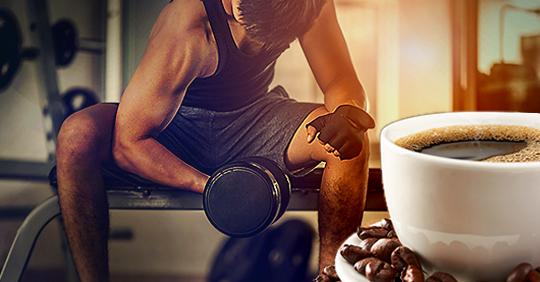Whether you need it to wake up, stay productive, or you simply love the taste, coffee is here to stay. An estimated 80 percent of Americans drink the roasted bean beverage; many of us can’t even start our day without that kick of caffeine.
But have you ever wondered what actually happens to your body when you drink coffee? No matter how you take it—latte, cold brew, espresso—coffee works through your entire system. It affects a host of processes in your body, including digestion, metabolism, and vision. It makes you feel more awake, focused, and energetic; but too much can also backfire.






